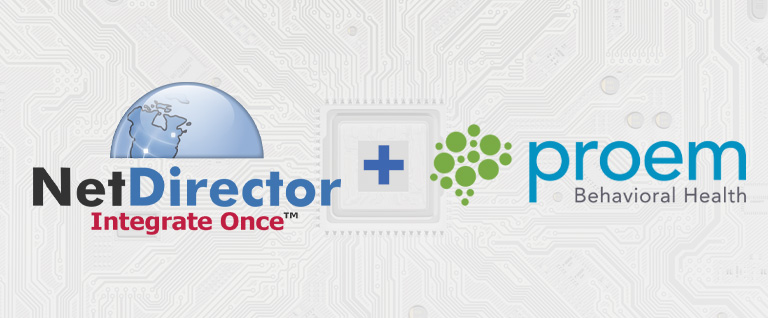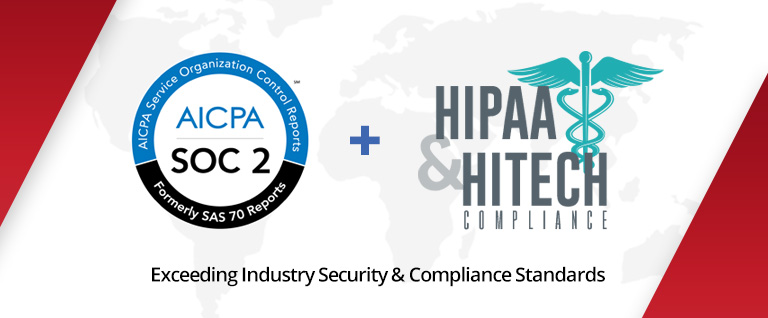Competition among providers can drive greater healthcare value; however, in reality, the industry has been moving in the opposite direction — toward consolidation.
There were 90 hospital and health system mergers/ acquisitions during 2018, with average seller revenue reaching a historic high of $409 million, according to advisory firm Kaufman Hall, which has been tracking such metrics over the past decade.
“Health system leaders are seeking to acquire organizations that bring embedded expertise and resources to the deal, making these transactions more of a strategic partnership than an asset acquisition,” reports Kaufman Hall.
Integration’s Role
In many cases, strategic consolidation rides on a quest for improved information-sharing made possible by establishing a common electronic health record (EHR) system among M&A partners. As the theory goes, “EHR integration could [lower] operating costs by reducing redundant IT staffing and achieving economies of scale in costly ongoing system maintenance,” states a newly published Health Affairs study. What’s more, integration can help narrow information gaps as patients move across diverse care delivery sites.
Nonetheless, actual experience in the field paints a different picture. The Health Affairs research, based on American Hospital Association data, finds that of 88 hospitals acquired between 2012 and 2014, only one-third switched to the EHR system of the acquiring organization, while 44 percent remained on a different EHR.
“Our results suggest that one important avenue by which consolidation may result in lower-cost, higher quality care is not routinely occurring,” the study authors write. “This should be cause for continued concern that many acquired hospitals may not deliver on their promised benefits.”
Integration Headwinds
Healthcare organizations transitioning to a new EHR often run into difficulties when the old system’s data is stored in a proprietary format that can’t be deployed without first being converted into a standardized structure. To make matters worse, “outgoing” EHR vendors sometimes take weeks or months to carry out a required data conversion.
“If your patient records are not provided in a format that makes them fully accessible in your new EHR, healthcare professionals may be unable to rely on clinical decision support tools … [for functions such as] automated drug interaction checking and allergy reminders,” The Office of the National Coordinator for Health Information Technology (ONC) warns. “Further, if data is not provided in an appropriate format, you will incur the time and costs associated with converting the data to a usable format.”
Additionally, integrations can fall victim to other problems such as:
- failing to get practical input from key system users during planning and implementation;
- understaffing the process of extracting, moving, manipulating and repopulating large data volumes;
- moving duplicate or obsolete data into the new system;
- not moving all relevant documentation into the new system; and
- choosing incomplete patient data instead of validated, real-world scripts for end-user testing.
Tightening Up Integration with the Right Approach
Despite inherent challenges, integration will continue to be a core element in healthcare’s pursuit of value-based care and operational excellence. That’s why it’s so important for healthcare providers to choose the right integration partner and methodology.
NetDirector specializes in automated integration for entities across the healthcare ecosystem, from physician practices to hospitals and health systems and affiliated facilities such as labs and radiology clinics. Our team of dedicated professionals can assess individual requirements and map out a cost-effective and efficient plan for successful integration.
To learn more about NetDirector’s cloud-based data exchange and integration platform and additional services, please contact us or request a free demo.




